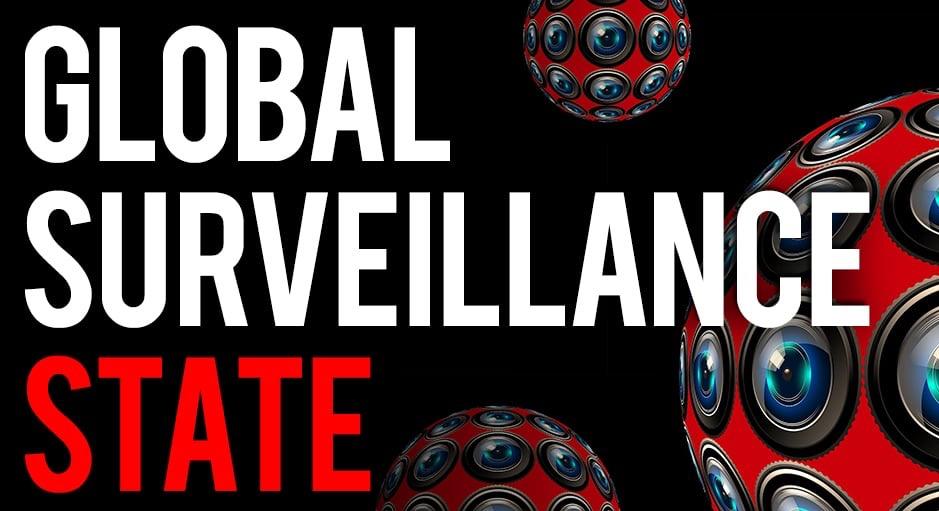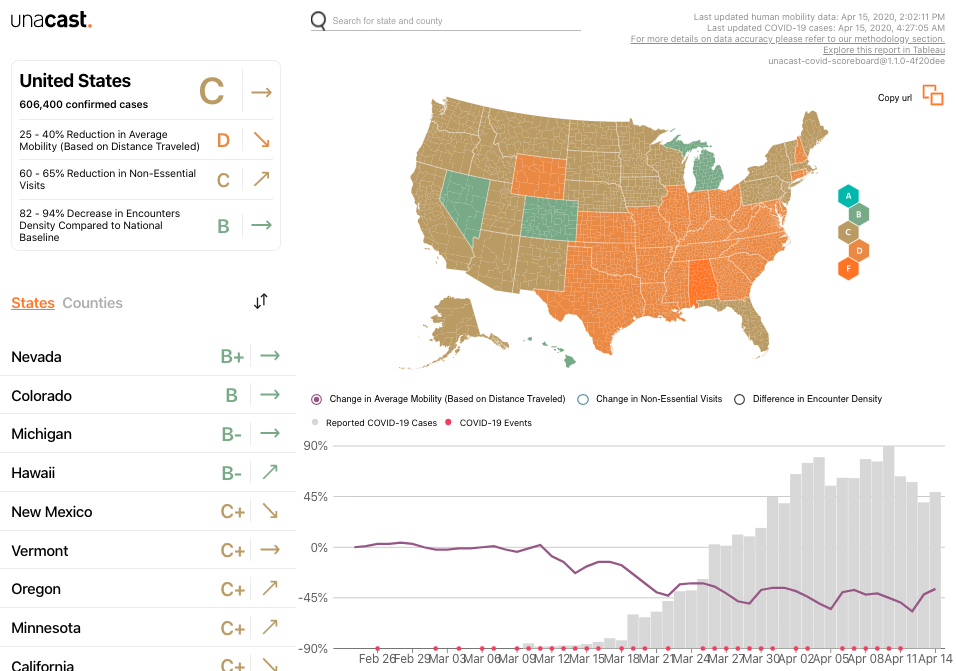“Scarier Than Contracting The Virus” – Pandemic-Tracking Tech Raises Fears Of Global Surveillance State
The world is sleepwalking into a surveillance state, under cover of the virus pandemic.
For the last several months, governments on both East and West hemispheres have been quickly imposing new digital surveillance measures to track and monitor citizens in quarantine. Governments have told their citizens that digital surveillance is being used to combat the virus and is temporary.
Citizens of the world must remember the freedoms they had in a pre-corona world will likely not all exist in a post-corona world. The “new normal” is a global surveillance state that would make President Xi Jinping blush.
The emergence of digital surveillance to combat the virus originated in China, then spread to South Korea, Taiwan, and Japan, all governments in these respected countries used cellphone location data to identify if people were abiding by the public health orders to stay-at-home.
In Europe and the US, similar digital surveillance measures have been used, but have been implemented at a much slower rate because of more stringent regulation.
France admitted last week that it was working on a “StopCovid” app that would march the country, and even maybe the bloc, towards an Orwellian society.
In the US, government agencies have been pulling data from mobile apps to monitor social distancing in states, counties, cities, and or even right down to the neighborhoods.
We mentioned last month that a company called Unacast, launched a mobile app called “Social Distancing Scoreboard,” which tracks the GPS location of smartphones and grades geographical regions, such as a town, county, and or even a state, on how well residents in those areas are abiding by the government-enforced social distancing rules. The app creates an index, ranked from A to F, for whether people are staying home or not.
According to the app, the US ranks a “C” for people following social distancing rules. Much of the Rust Belt and Southern US rank an “F.”
The speed at which governments are leveraging technology to monitor and track citizens is absolutely terrifying.
The Wall Street Journal notes:
“The government [South Korea] said it can identify and locate at-risk patients in 10 minutes or less by automating access to personal information.
One South Korean coronavirus patient detailed on her blog how quickly neighbors figured out her identity. Her apartment building name had been shared, and fellow residents started asking others what floor her family lived on and their room number.
“It gave me shivers,” wrote the blogger, who didn’t respond to interview requests. “I was afraid of how people would view me and my children, and worried people would come to our house. That was scarier than contracting the virus.””
In Western Australia, a bill was recently passed that would allow the government to install surveillance equipment in homes to monitor people placed in quarantine. Other governments across the world have toyed with the idea of creating virtual fences for people in quarantine. In extreme cases, some Kentucky residents have been forced to wear GPS monitoring devices while in lockdown.
Another big trend in the world of digital surveillance is facial-recognition technology. While this technology is a given and we need not touch on it – we must add that “pandemic drones” are coming to a city near you – one where these unmanned aerial systems will fly around public areas, searching for COVID-19 carriers via thermal imaging and advanced optical sensors.
Security experts are panicking about the rise of the surveillance state across the world. Some had said this could be a watershed moment similar to what happened after the September 11, 2001 attacks, when the US government quickly ushered in strict surveillance measures.
“The war on terror, the war on drugs, the war on illegal immigration, and now the war on COVID-19: all start out as legitimate responses but then are used by politicians to increase the surveillance state and erode any freedoms citizens have left,” we noted earlier this month.
In a post-corona world, the global surveillance state will thrive.
Tyler Durden
Thu, 04/16/2020 – 19:05
via ZeroHedge News https://ift.tt/2Vg4o1W Tyler Durden

